#Henry And The Habits
Explore tagged Tumblr posts
Text
Writing Notes: Habits

Habit - a well-learned behavior or automatic sequence of behaviors that is relatively situation specific and over time has become motorically reflexive and independent of motivational or cognitive influence—that is, it is performed with little or no conscious intent.
For example, the act of hair twirling may eventually occur without the individual’s conscious awareness.
How Habits are Formed
The question of habit formation can be approached from a scientific perspective or a more subjective and experiential one.
The Subjective Experience of Habit Formation
Bergson was a French philosopher who took cues from Ravaisson’s discussion of habits and their formation. Bergson (1911) wrote of both active and passive habits.
Passive habits arise from exposure to things we eventually get used to. High-altitude climbers gradually adapt their bodies to the lower levels of oxygen available as they climb above 7,000 feet.
Active habits are those we develop by repeated intention and effort, crystalizing as skills we perform with little or no thought. A gymnast practices walking, jumping, and flipping on a narrow beam until she can do all these maneuvers smoothly without falling.
Habits as skills can also be seen as a springboard to creativity.
Based on what we can habitually do, we reach new heights, as when a jazz musician ingrains the playing of a basic melody, then improvises new and adventurous notes on top of the underlying theme.
The scientific perspective on habit formation is exemplified today by neuroscience research. This research has highlighted crucial brain pathways involved in forming habits.
The Neuroscience of Habit Formation
When you first learn to tie your shoes, the attempts are quite conscious and effortful. As you practice this skill, it becomes a habit, something you can do easily and automatically, even while thinking of other things.
Neuroscience has asked how conscious and goal-directed actions are converted into a habit (Yin & Knowlton, 2006).
Clues to the mystery of habit formation can be found in an ancient area of the brain called the basal ganglia (Yin & Knowlton, 2006).
The basal ganglia are deep structures near the base of the brain that developed early in the evolution of our nervous system.
These structures play a major role in coordinating all kinds of voluntary movements, including the complex motions involved in walking, running, eating, talking, and grasping and manipulating with the hands, etc.
The basal ganglia, in conjunction with the brain’s frontal or “executive” lobe, also help perform the crucial task of rapidly selecting which type of movement should be made, out of the many options available in a given situation.
When faced with a tiger suddenly springing from the bushes, what should you do? Stand still, run to climb a tree, or make a dash for the river and hope the tiger can’t swim? The movement program chosen at this point might determine whether you get to pass your genes along to any offspring.
Since movements are most effective when well learned or habitual, the basal ganglia are also very involved in habit formation. Certain habits appear to be formed through the interplay between two distinct basal ganglia pathways (Yin & Knowlton, 2006).
One of these pathways is associative. It consciously collects information needed for reaching goals such as staying warm, finding food, finding a mate, and expressing oneself artistically.
A second pathway is more automatic. This route takes those lessons learned from the first pathway and includes them in a repertoire of stored habits.
These habits are then available to be called upon, when cued by a given situation.
Another key aspect to habit formation is positive reinforcement or reward.
For an activity to become a habit, it helps if it’s not only repeated often, but also positively reinforced.
We can trigger positive reinforcement through an external reward, like money, food, or praise. Such experiences release dopamine, one of the brain’s favorite “feel good” neurochemicals. A rewarding dopamine release can also occur through internal triggers, like visualizing yourself reaching a cherished goal (Neuroscience News, 2015).
Dopamine release has been shown to depend on neurons within the limbic system, another ancient brain circuit that processes emotions and the experience of reward. The limbic system is deeply connected with the basal ganglia and can stamp our memories and habits with emotional and reward value (Trafton, 2012).
Psychological Theories on Habit Formation
The American philosopher William James made early contributions to habit theory that still resonate today.
James (1914) thought of habit as the result of repeating the same action over and over, in similar circumstances, until it is ingrained in our brain circuitry.
He also believed that ingrained habits would automatically arise in the face of strong cues associated with their formation. When walking into your darkened room, the room and darkness cue the automatic habit of reaching for the light switch.
Behaviorists such as B. F. Skinner would expand on James’s insights into habit, with animal studies that emphasized how habit formation is fueled by rewards.
Skinner (1953) created cages for pigeons with buttons that dropped a food pellet when pushed.
In exploring the cage, the hungry pigeons would eventually peck the button on the wall. They soon came to realize that pecking the button would produce a food pellet.
This experimental scenario included what for Skinner were the primary factors in producing a habit:
Stimulus, like the button to be pecked
Behavior, like pecking the button
Reward, like the food pellet
Skinner (1953) believed that behaviors repeatedly engaged in for the sake of a reward will become habits. This hypothesis was borne out by his pigeons repeatedly pressing the button, even when that action was no longer followed by a food pellet.
Other theories sought to go beyond behaviorism’s focus on observed behavior alone, to include a mental or cognitive component in habit.
Edward Tolman (1948, 1954) believed that repeated or habitual responses involved the use of internal ideas, or “maps,” as cognitive components that helped navigate mazes, etc.
Neuroscience has further explored certain questions about habit, with the help of nerve conduction and brain scan studies.
Sources: 1 2 ⚜ More: References ⚜ On Habits ⚜ Writing Resources PDFs
#habits#writing reference#character development#writeblr#psychology#literature#dark academia#writers on tumblr#spilled ink#writing prompt#creative writing#light academia#studyblr#writing inspiration#lit#character building#henri edmond cross#writing resources
130 notes
·
View notes
Text
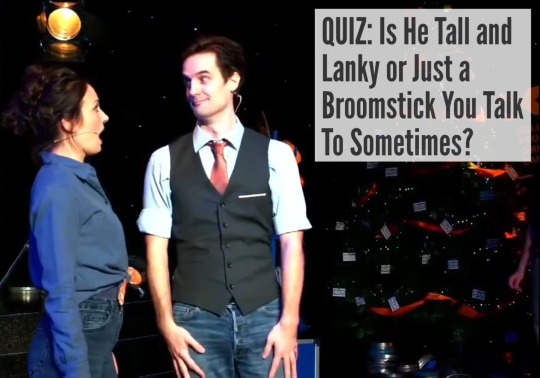
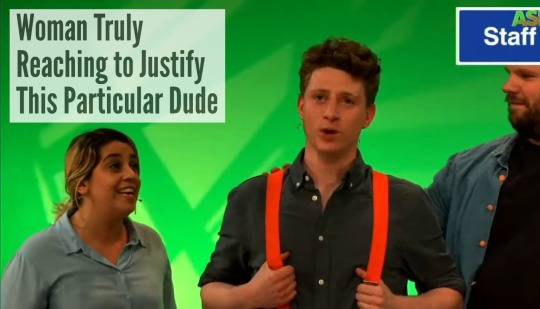
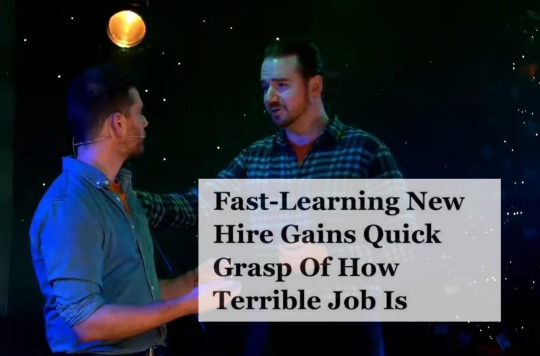
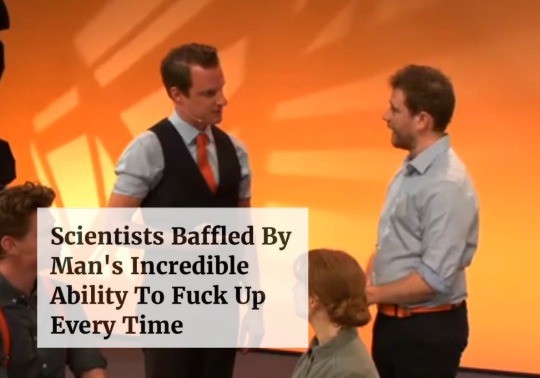
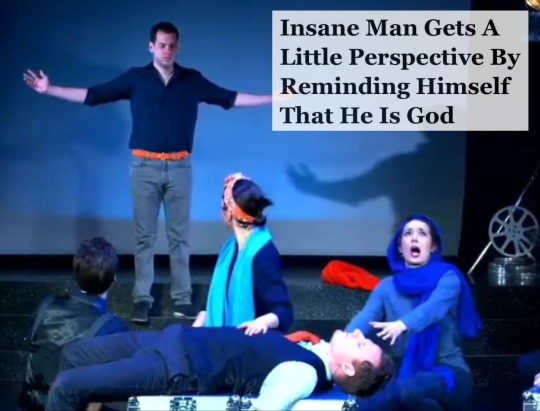
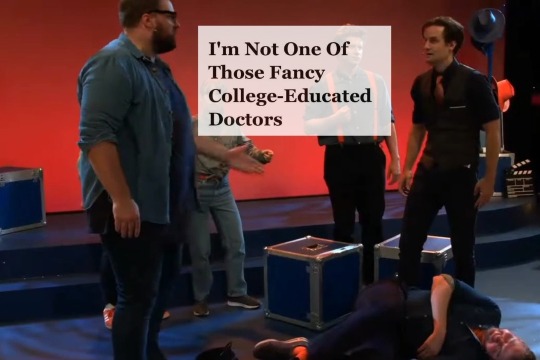
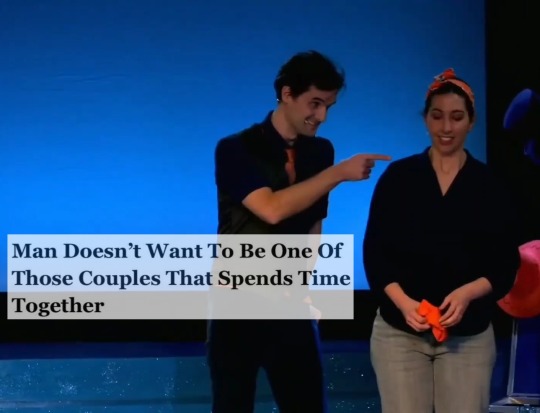
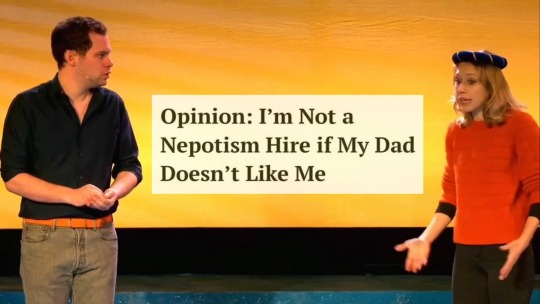
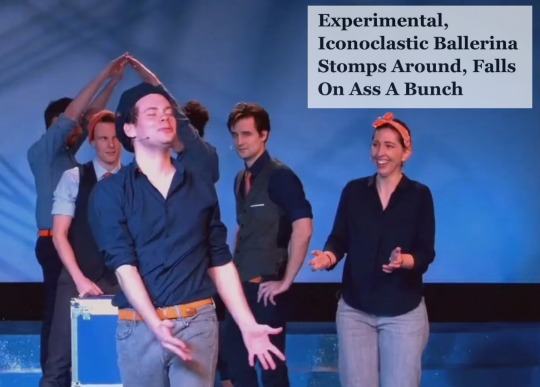
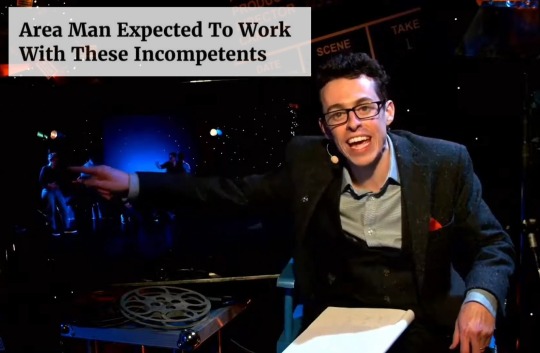
Mischief Movie Night In 2020-21 as Headlines
<- | MMNI | ->
#i have such a soft spot for the 2020 run theyre such a chaotic special mess#nothing lower than A tier for the whole run of six#mmni#mischief comedy#mischief movie night in#mischief theatre#henry shields#henry lewis#Jonathan sayer#harry kershaw#bryony corrigan#dave hearn#ellie morris#niall ransome#mike bodie#josh elliott#lasers and quasars#singing in the aisles#flatpack attack#ipswitch it up#a cat in the habit#good guys finish last#now museum now you don't#the wizard of Paddington station#what's the pointe?
105 notes
·
View notes
Text
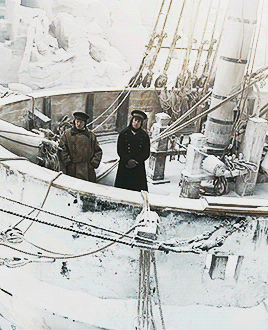
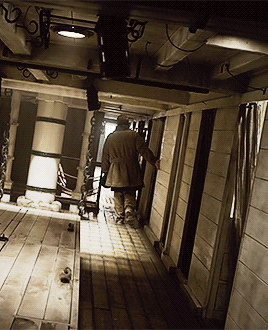
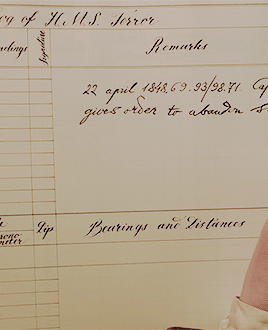
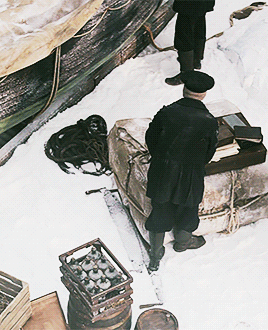
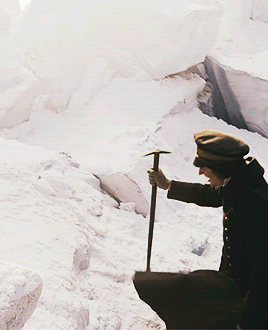
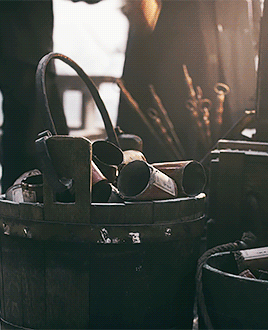
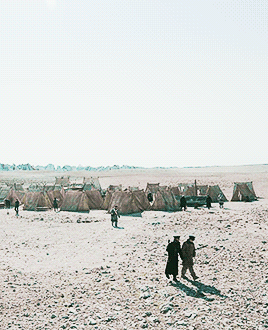
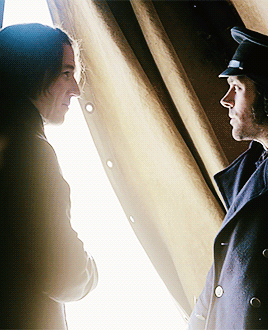
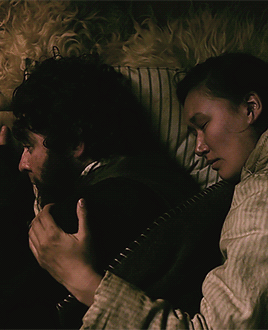
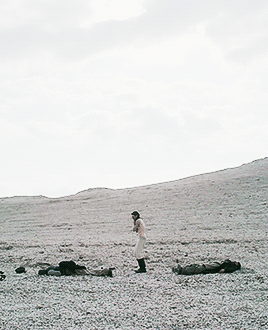
THE TERROR (2018) S01E07 "Horrible From Supper"
They also told us lemon juice would ward off the scurvy. I heard, when it gets bad, your gums pull back. Scars dissolve and open back up.
#the terror#theterroredit#amc the terror#the terror amc#francis crozier#james fitzjames#thomas jopson#cornelius hickey#henry goodsir#silna the terror#lady silence#fitzier#mine#gif:terror#i really liked how since about ep 4 the camera was more and more tilted when they were on the erebus & terror ships#bc in some ep 2 or 3 francis and blanky had a discussion about how either the ice could make ships tear apart. or carry them to slide on it#so more and more as the episodes progressed the camera was at an angle to show the ships weren't habitable anymore#thankfully james agreed on francis plan to walk out of there in time (even acknowledging francis was right all along in the previous ep)#and as soon as they agreed they started to really trust each other more. depending on each other. communicating much better hmm love them
189 notes
·
View notes
Note
How about platonic Roseprice? Just Ellie and Rupert hanging out as friends.

Smoke buddies
#the henry stickmin collection#thsc#ellie rose#rupert price#platonic#roseprice#I dont think they smoke often#Its something ruperts personally trying to grow out of#Ellie just does it to hang out#its a small habit#Theyre bonding over being the baddest characters in the franchise
95 notes
·
View notes
Text

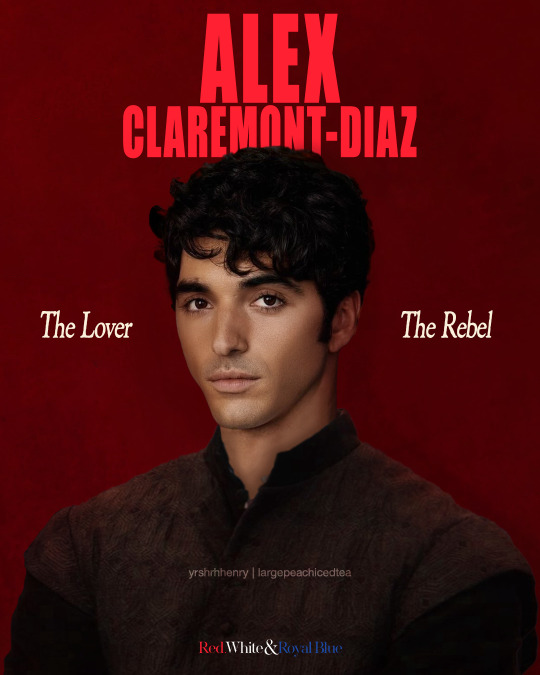
"so cock-struck it's like a curse"
i may as well share these here. movie!firstprince in the style of the new mary and george posters, 1000% influenced by @orchidscripts fic 'noble blood' enough that id even go so far as to call it fan art (despite alex having not even appeared in the fic yet. so. this might not even be accurate)
#firstprince#rwrb#rwrb movie#red white and royal blue#alex claremont diaz#henry fox mountchristen windsor#mary and george#firstprince manip#fun fact i got these 98% done before i realised their hair probably wouldnt be super neat#i mean maybe it could be? i dont know 1600s grooming habits but it felt right to change them#my stuff
273 notes
·
View notes
Text
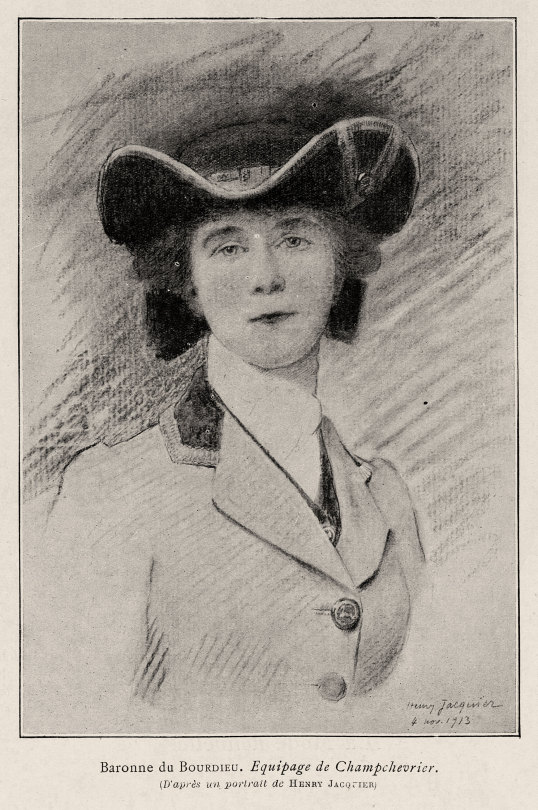
L'Art et la mode, no. 9, vol. 35, 28 février 1914, Paris. Baronne du Bourdieu. Equipage de Champchevrier. (D'après un portrait de Henry Jacquier). Bibliothèque nationale de France
#L'Art et la mode#20th century#1910s#1914#on this day#February 28#periodical#fashion#fashion plate#art plate#portrait#bibliothèque nationale de france#dress#riding habit#Baronne du Bourdieu#Henry Jacquier#one color plates
31 notes
·
View notes
Text

#eyestrain#right hand man#rhm#thsc#the henry stickmin collection#scriboozles#need to make that comic .. of him trying to get reg out of smoking habit but falling into it with him
102 notes
·
View notes
Text



Force of Habit
Pages 1-3
#art#digital art#my art#fanart#comic#fan comic#the henry stickmin collection#henry stickmin#ellie rose#charles calvin#force of habit comic#just a dumb idea i had#i like the headcanon of henry having kleptomania
29 notes
·
View notes
Text
If Harry Kershaw is the father and Henry Shields is the son, who is the Holy Spirit?
#mischief theatre#mischief movie night in#mmni#harry kershaw#henry shields#a cat in the habit#the turkey to Christmas joy
37 notes
·
View notes
Text
They're so bffs😭❤
Might be wrong but I think Nick was rehearsing the sentence "In here, at night, no one else is around to gawk at you or try and take your picture"
THEYRE SO UNSERIOUS 😭
#Tzp already knowing Nicky's habits😭#So bffs coded#And he just laughs#Tzp stand up#Nick be serious omg please😭#nicholas galitzine#taylor zakhar perez#henry fox mountchristen windsor#firstprince#alex claremont diaz#red white and royal blue#rwrb#rwrb movie
211 notes
·
View notes
Quote
Every generation laughs at the old fashions, but follows religiously the new.
Henry David Thoreau, Walden
343 notes
·
View notes
Text

made a blorbo bingo, can you get a bingo?
#fandoms#favorite character bingo#kaneki ken#mizu blue eye samurai#anxiety inside out#callum crown#ashe bradley#saiki kusuo#simon henriksson#postal dude#habit emh#edward hyde tgs#anakin skywalker#ciel phantomhive#entrapta#betty grof#norm allen#gray carmen san diego#horrid henry#shane sdv#daniil dankovsky#simon petrikov#bill dickey#tim wright#springtrap#eridan ampora#did i forget anybody
30 notes
·
View notes
Text
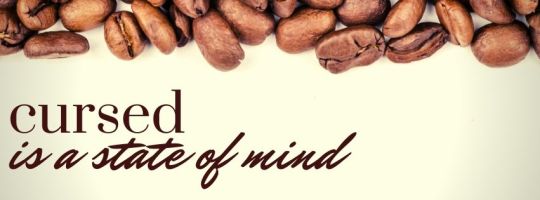
A fic about Alex Claremont-Diaz's chaotic coffee habits for @rmd-writes, brought to you by the extremely rogue and inadvisable duo of @dustratcentral (ifyoustay) and me (Lolaland).
(updating every couple of days).
NOW COMPLETE
CURSED IS A STATE OF MIND | E | 6/6 | RWRB
Alex Claremont-Diaz is well aware that he’s an absolute catch. He’s intelligent and quick witted, has an ass that absolutely refuses to quit and was once voted ‘most attractive law student’ in a slightly irresponsible and probably unethical NYU student magazine poll. Which is why he finds it super fucking weird that his new roommate, Henry, thinks his caffeine consumption habits are a bit off-putting. So what if he has some unconventional drink choices? It’s not like Alex can’t vehemently defend all of them. OR 5 times Henry has something to say about Alex’s coffee choices and 1 time he says nothing at all.
Chapter 1 - a wake-me-up and a pick-me-up
Chapter 2 - cereal coffee
Chapter 3 - lukecold
Chapter 4 - pre-made, post-warmed
Chapter 5 - dip it
Chapter 6 - the fat hasn't separated
#Cursed is a State of Mind#rwrb#red white and royal blue#rwrb fic#red white and royal blue fic#alex claremont diaz#henry fox mountchristen windsor#coffee habits#alternate universe#new york city#the ring-in but rwrb and worse#ifyoustay and lolaland strike again
123 notes
·
View notes
Note
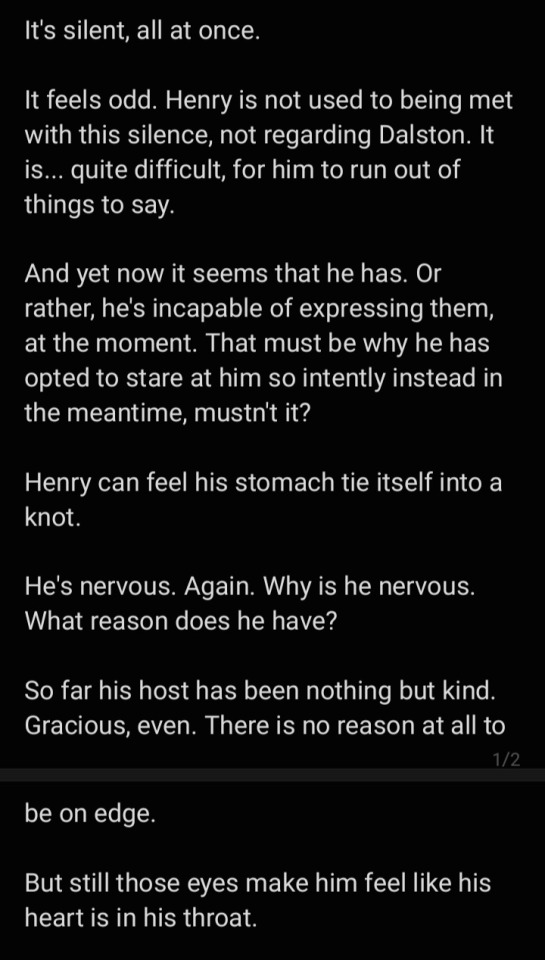
I have a little piece so far
AAAAAAAAUGH EXPLODES!!!!
also i've been thinking about that series of drawings you made of henry being kissed and reacting to it... like there's all the henry angst there of course but oh my goddd the dalston angst? he kisses henry only for henry to seem repulsed by it?? oh that would break his heart... i'm sure you've thought about that yourself though
#melonposting#ask#also yes i love when anybody (including myself) makes henry feel kinda bad for feeling something like fear/nervousness#like 'oh i shouldn't feel that way! this person has been so nice to me!'#a habit partly stemming from his desire to prove his gratefulness for the kindness he receives (but doesn't think himself worthy of)#i also think there's something with him finding it difficult to reconcile his overall opinion of someone#with the way they're making him feel in the moment#(in the case that they should contrast)#like in randall's case he likes randall. he could never not like randall#so when he's scared by randall he thinks that's an incongruity. like no if i like randall i shouldn't be scared by him. that isn't right#but as he favors his general positive impression of randall over his momentary negative reaction he reprimands himself for the latter#meanwhile if his positive impression of a person is more tenuous he's more likely to let a moment's negativity color the whole relationship#which i feel was the case with dalston for a while#as i've said before he read dalston's initial frustration with him as anger and hatred and reprimand#and so as henry wasn't nearly as close with him as he was with randall he let the fear he then felt 'revoke' any closeness he'd felt#and it's probably similar to the reverse of the randall situation#where any closeness he did feel he's get upset at himself for feeling. because he feels he's falsely claiming it#sorry this is all largely irrelevant and tangential :'D once i start talking about henry i can't stop
9 notes
·
View notes
Text

i had a thought and immediately went for it
#i seem to have a habit of posting stuff at night before i go to bed lol#thsc#the henry stickmin collection#henry stickmin#thsc the leprechaun#antonidas sparta#thsc ali gene
37 notes
·
View notes
Text
you know how gansey functionally went deranged after his first death? what if it's the same after his second one? what if henry, with at least some psychic background, knew to expect it, knew to nudge gansey away from the rest of them because gansey would never want to be seen like that by adam, by ronan, by noah... what if the 'road trip' is a thinly veiled excuse for gansey to go full HarrowTM, curled up on the floors and barely stopped from clawing his own eyes out.
he has good days sometimes -- they look at the woods, at silly attractions, let gansey feel better until the weight of rebirth hits him again. and then its damage control, holding him, forcing him to eat, accepting him as he effectively goes through death-withdrawals. it's at one of henry's properties, wild swath of grass for the good days, isolated enough to muffle screams. people try to reach them during td3, definitely, desperate employees of seondeok insisting that it is a matter of the entire world, of all the Roads, we need you in Boston--and it's henry saying he doesn't give a damn about the world right now, he will not let his friend suffer. it's blue shrugging off the pleading look she's given, following henry out of the foyer, because if the choice is gansey or the world, it's really no choice at all.
it's the both of them gently nudging gansey into the most cramped room in the house when everything gets too loud for him, its them letting gansey crush their hands in a painful grip as his body trudges through the ischemia, adjusts, adjusts. it's taking turns so gansey doesn't get overwhelmed. it's putting aside everything for love, for friendship.
he may have come back wrong, because there is no resurrection without consequence, but he has support, and that love is there to nurture without condition
#something about being seen at your worst and CRADLED CRADLED CRADLED#ganseys hatred of being seen As He Is is so...#his elusive PastTM .. there was a lot of darkness in those days before him!!! .. i definitely feel his 'clawing at face' habits were a#side effect of being dead and then UNdead#something about how henry recognised his panic in trk and how blue hugged him through it#HURGHHHH#trc#gansey#trk
340 notes
·
View notes